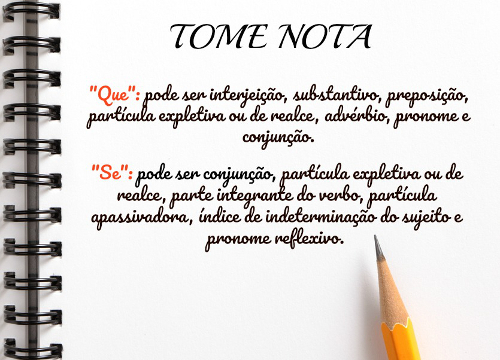Many people still believe that certain diseases begin to appear weeks or months in advance. However, it is known that some diseases can begin to "be born" in the human body in childhood, with eating habits, physical exercises and mental. This is the case of dementia, whose root may still be in childhood.
According to research published in The Lancet, a very specific type of dream can be correlated by up to 85% with the onset of dementia and Parkinson's disease. According to scientists, having recurrent nightmares or night terrors may be at the root of these illnesses after the age of 50.
see more
Better Health in Two Days: The Surprising Effectiveness of End Workouts…
Ministry of Health expands HIV treatment with new drug…
The article used data from the 1958 British Birth Cohort Study. In the analysis, there is information – provided by the patients' mothers – that report distressing dreams in children aged between seven and 11 years, between 1965 and 1969.
Of the 6,991 children whose data are in the survey, 267 developed some cognitive illness after 50 years of age. Thus, compared to those who had “healthy” dream experiences, 85% had some illness.
In adult life too!
Adults can have nightmares too – we know you're nodding slightly on the other side of the screen. The article recalled other research, published earlier, which points out that adults with weekly distressing dreams have a double risk of developing Parkinson's or dementia.
But how are childhood nightmares and distressing dreams linked to dementia?
There are three possible hypotheses. The first is that this type of dream in childhood can already be an early manifestation of cognitive diseases.
That's because these dreams could be a result of neurodegeneration in the right frontal regions of the brain. They regulate negative emotions during Rapid Eye Movement (REM) sleep.
The second hypothesis is that genetic factors predispose people to having nightmares and having dementia or Parkinson's. And, finally, the third theory realizes that these dreams can be a “casual” risk factor for brain damage.
Graduated in Social Communication at the Federal University of Goiás. Passionate about digital media, pop culture, technology, politics and psychoanalysis.


